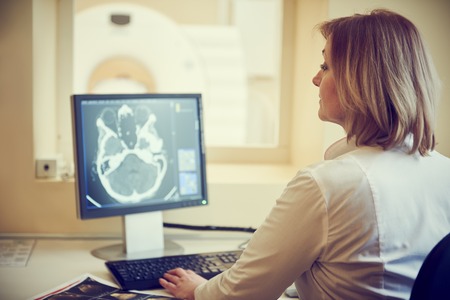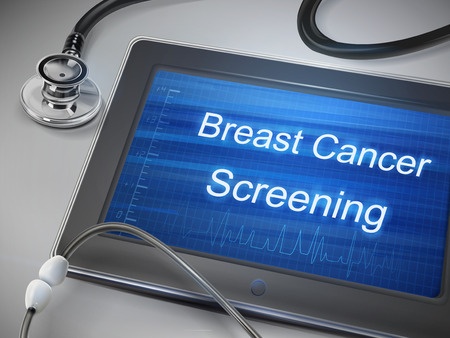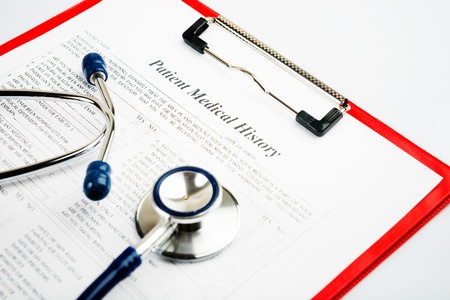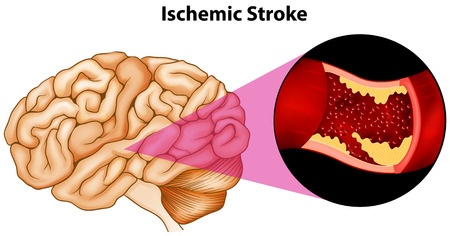

Bellingham WA Doctor Accused of Failure to Diagnose Cancer
Failure to diagnose cancer can lead to devastating consequences. When a patient approaches their doctor with a set of symptoms, the physician is required to fulfill a “duty of care.” A doctor may be able diagnose a disease or medical condition after performing an exam to confirm symptoms, order tests to clarify symptoms or refer the patient to a specialist for diagnosis. A doctor is expected to know what symptoms and risk factors play into a patient’s risk of developing a serious medical condition such as cancer.
Read More

Failure to Diagnose Heart Disease: Medical Malpractice
When a medical professional fails to recognize the signs and symptoms of heart disease, he or she may have committed medical malpractice in the form of “failure to diagnose.” A general practitioner is responsible to listen to a patient’s heartbeat, test blood pressure and identify family history of heart disease. In some cases, a general practitioner may refer a patient to a heart specialist or make their own diagnosis. The purpose of these steps is to use the warning signs of heart disease to make a diagnosis and start a treatment plan before a heart attack happens. It goes without saying then that failure to diagnose heart disease puts the patient at serious risk for a potentially life threatening heart attack.
Read More


Heart Disease and Stroke Prevention Guidelines
Heart disease and strokes are the number one and number four leading causes of death in the United States. About one-third of American adults have elevated levels of bad cholesterol and nearly two-thirds have high blood pressure or pre-hypertension. Approximately 610,000 Americans endure a first stroke every year and another 525,000 have a first heart attack. To help reduce these statistics, new heart disease and stroke prevention guidelines were released by the American Heart Association and American College of Cardiology in 2013.
Read More

How to Use Cancer Screenings
Cancer takes the lives of too many Americans. Can anything be done to help prevent cancer deaths? Scientists continue to develop tests aimed at finding specific types of cancer before signs or symptoms present themselves. These tests could be part of a health screening regimen that your doctor may follow or recommend. The main goals of cancer screenings are to:
- Reduce or eliminate the number of people who die from cancer.
- Reduce the number of people who develop cancer in the first place.
Cancer screenings by type
Read More

Cardiovascular Disease Health Screenings
Not all disease can be prevented but taking care of ourselves through lifestyle and health screenings can minimize our risks for serious health problems. The effects of cardiovascular disease are one of the biggest causes for early deaths in the United States; in fact, heart disease is the number one killer of women.
Cardiovascular Disease health screenings
Read More

Medical Errors are Third Leading Cause of Death in United States
We have all heard of horrific medical errors like tools being sewn back up into a patient or having the wrong limb amputated but the perception that these types of errors were rare has been shattered through research. The National Institutes of Health landmark report issued in 1999 called “To Err is Human” estimated that medical errors caused 98,000 deaths each year. A new study published May 3 in the peer-reviewed medical journal BMJ analyzed four previous studies conducted between 2000 and 2008 and concluded that medical errors are now the third leading cause of death in the U.S., actually accounting for 251,000 deaths annually; more than respiratory disease, accidents, stroke and Alzheimer’s. This number equates to almost 700 deaths per day or about 9.5 percent of all deaths annually in the United States. It is almost triple the number of deaths found to be the result of medical errors in the 1999 study. Part of the reason for the disparity is that the recent analysis delved deeper into causes ranging from incompetent doctors to communication breakdowns between staff as a patient is handed off to a different department.
(more…)
Read More

Medical Malpractice: Difference Between Negligence and Gross Negligence
When a patient is harmed by the negligence of a medical professional, they may suffer for the rest of their lives. A medical malpractice lawyer can examine the aspects of your case to determine whether medical negligence or gross negligence has occurred, then identify the value of your claim and help you recover damages.
(more…)
Read More

Am I Having a Stroke?
United States Stroke Statistics
- Approximately 795,000 Americans each year suffer a stroke; about 600,000 of these are first time incidents and 185,000 are recurrent attacks.
- Stroke kills more than 140,000 Americans each year; it is the third leading cause of death in the United States.
- Stroke is the leading cause of serious, long-term disability in the United States.
- Almost three-quarters of strokes occur in people over the age of 65. In fact, a person’s risk of having a stroke more than doubles each decade after the age of 55. But one in four strokes happen to people under the age of 65.
- Between 1995 and 2005, the stroke death rate fell by 30 percent and the actual number of stroke deaths declined by 14 percent.
- High blood pressure is the biggest risk factor for stroke.
- A person’s risk of stroke doubles if they are a current smoker
(more…)
Read More


What is a Mini Stroke?
A mini stroke, or transient ischemic attack (TIA) happens to thousands of Americans every year and research is indicating that it can be a warning sign that a serious stroke is on the way. Up to 20 percent of people who have a mini stroke will go on to have a major stroke in the next three months. Unfortunately, many people do not seek medical attention after TIS and end up suffering a stroke before they are seen by a doctor.
Brain Ischemia Defined
Ischemia occurs when the brain is deprived of blood and oxygen when blood vessels that would normally carry these entities become blocked by blood clots or cholesterol plaques. Neurons in ischemic areas starve and stop functioning.
Read More

Do you know the Warning Signs of Stroke?
A stroke can happen without warning and sometimes without the victim knowing they had a stroke. While some strokes are debilitating and others have few lasting signs, it can be an advantage to know the symptoms in order to seek the help needed. If you or a loved one was injured by a stroke that may have been caused by the reckless treatment of a medical professional, call a medical malpractice attorney today.
In the Unites States, a stroke happens about every 40 seconds, affecting about 795,000 Americans each year. Do you know the warning signs of stroke?
Read More